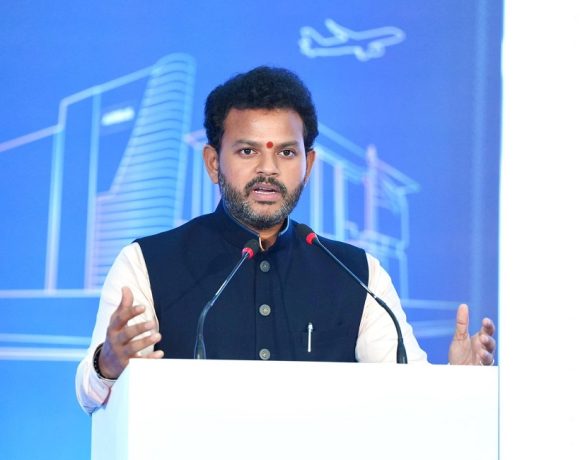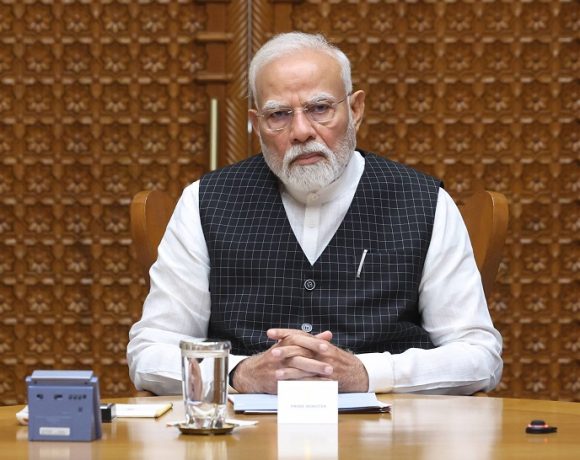
Centre Urges States to Ease Women’s Work Laws
In a significant move to promote gender equality in the workforce, the central government has advised state governments to prioritize deregulation of laws that hinder women’s participation in workplaces. The call for reform aims to create a more inclusive and enabling environment for women across sectors.
Focus on Easing Workplace Restrictions
The Centre highlighted the need to re-evaluate existing labor laws that disproportionately affect women’s employment opportunities. These include restrictions on women working night shifts and in certain industries deemed unsafe. The government emphasized that modern workplaces, equipped with advanced safety mechanisms, can accommodate women workers in any shift without compromising their safety.
Additionally, the Centre stressed that labor reforms should focus on providing flexibility for women while ensuring safeguards against exploitation. This includes the implementation of adequate safety measures, transportation facilities, and improved infrastructure at workplaces to make them more accessible for women employees.
Advancing Gender Equality in Workforce Participation
India has been witnessing a declining female labor force participation rate over the years, and the government’s advisory underscores the urgent need to reverse this trend. By addressing regulatory barriers and societal norms, the Centre aims to empower women economically and contribute to the overall growth of the nation.
Experts suggest that these reforms could have a transformative impact on sectors like manufacturing, IT, and retail, which often have stringent restrictions on women’s working hours.
A Step Towards Inclusive Growth
This move aligns with the government’s broader agenda of promoting gender equity and economic empowerment. It also reflects India’s commitment to achieving sustainable development goals, which emphasize gender parity in economic participation.
Conclusion
The Centre’s call to deregulate women-unfriendly work laws is a step toward creating a more equitable workforce. With state governments expected to respond positively, this initiative could pave the way for enhanced participation of women in the Indian economy, fostering inclusivity and progress.


















